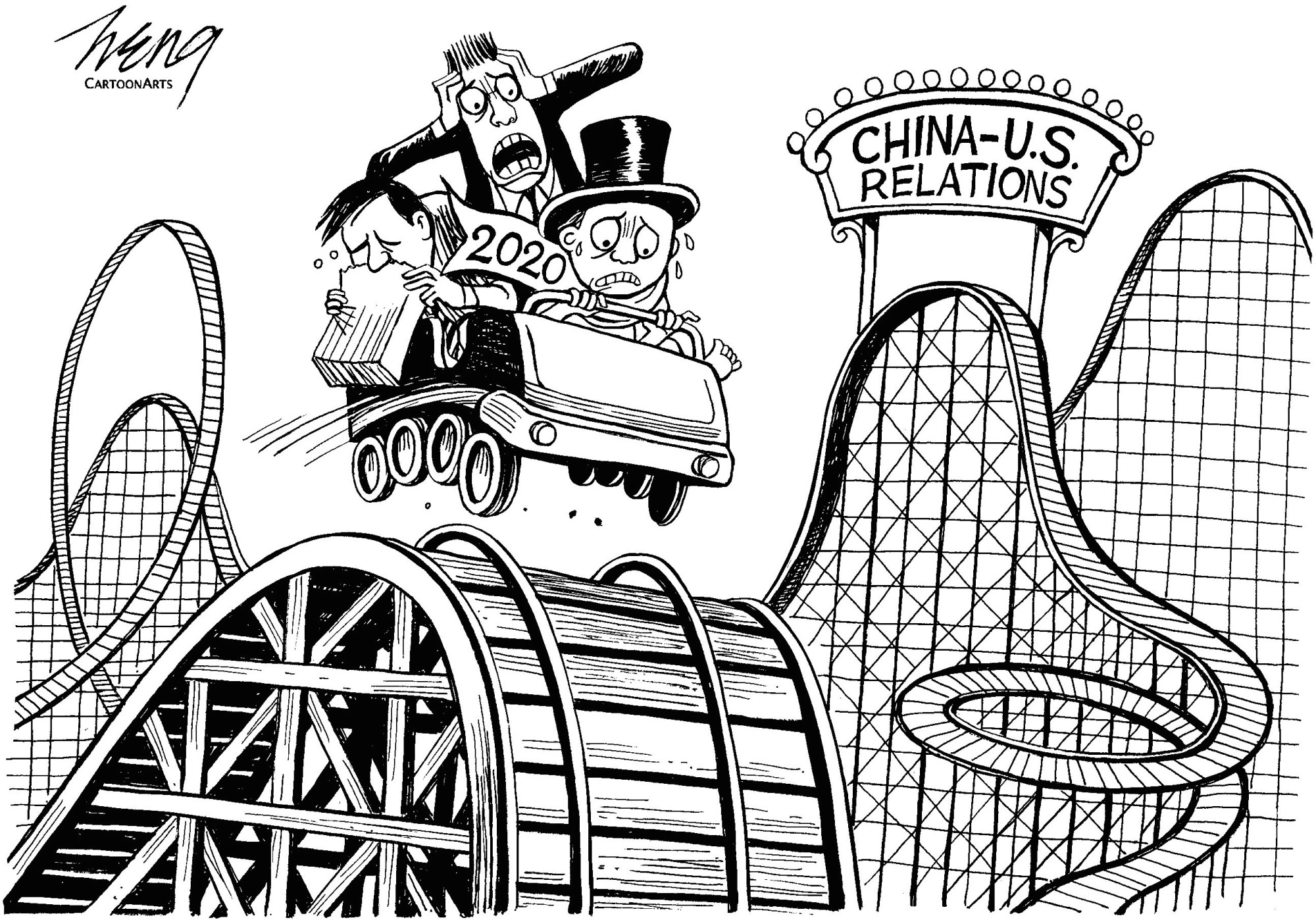The "first-phase" trade agreement reached between the United States and China included protection of intellectual property rights or a ban on Chinese government demands for forced technology transfers. But the most important features of the deal for the U.S. administration of President Donald Trump must be China's increased imports of U.S.-made agricultural goods and the decision to withhold punitive U.S. tariffs on Chinese-made smartphones — because they both affect Trump's re-election chances in November.
At a recent news conference, Trump said China would buy $50 billion worth of farm products from the U.S. a year, urging American farmers to buy bigger tractors in order to expand their production. Before the trade war with the U.S. raged, China bought $24 billion worth of agricultural goods from the U.S. in 2017 — so China will be doubling its imports.
But if indeed China is to expand its imports to levels well over real demand, the nation will likely end up building its stockpiles of imported goods, and it is doubtful whether it can actually buy such amounts of U.S. farm products each year. Trump is eager to emphasize his achievements on farm trade — even by citing such unrealistic figures — because farm votes matter in the 2020 presidential election. Trump needed to reach an agreement with China at this timing — to be in time for the campaign for the November election to get into full swing.



















With your current subscription plan you can comment on stories. However, before writing your first comment, please create a display name in the Profile section of your subscriber account page.